Faithful Through Hard Times: The uncensored story of WW2 Malta
£2.90
“This is a moving story played out by every serving soldier when war dislocates families and taxes friendships.” Colonel (retired)Walter Bonnici, RAMC
Four years, 3 million bombs, one small island out-facing the might of the German and Italian air forces – and one young Scotsman who didn’t want to be there. The true story of WW2 Malta from an eye-witness account written at the time in a secret diary, a diary too dangerous to show anyone, and too precious to destroy.
Private George Taylor arrived on Malta in 1940 thinking that shiny buttons would earn him fast promotion; he left four years later, a cynical sergeant and a Master Freemason who never said, ‘I was there, ‘ without a bitter smile. Despite the times he said, ‘It’s me for the next boat’, despite his fears that Nettie had forgotten him, George kept the motto of the Royal Army Medical Corps ‘In arduis fidelis’, ‘faithful through hard times’ and only told his diary the inside story of four long years.
Now, the truth can be told.
‘Based on words and feelings recorded at the time it is probably unique.’ Don Marshall, Military History Enthusiast
www.jeangill.com
Read more
Additional information
| Publisher | 13th Sign, 2nd ed. edition (5 Mar. 2018) |
|---|---|
| Language | English |
| Paperback | 320 pages |
| ISBN-13 | 979-1096459070 |
| Dimensions | 12.7 x 1.7 x 20.32 cm |


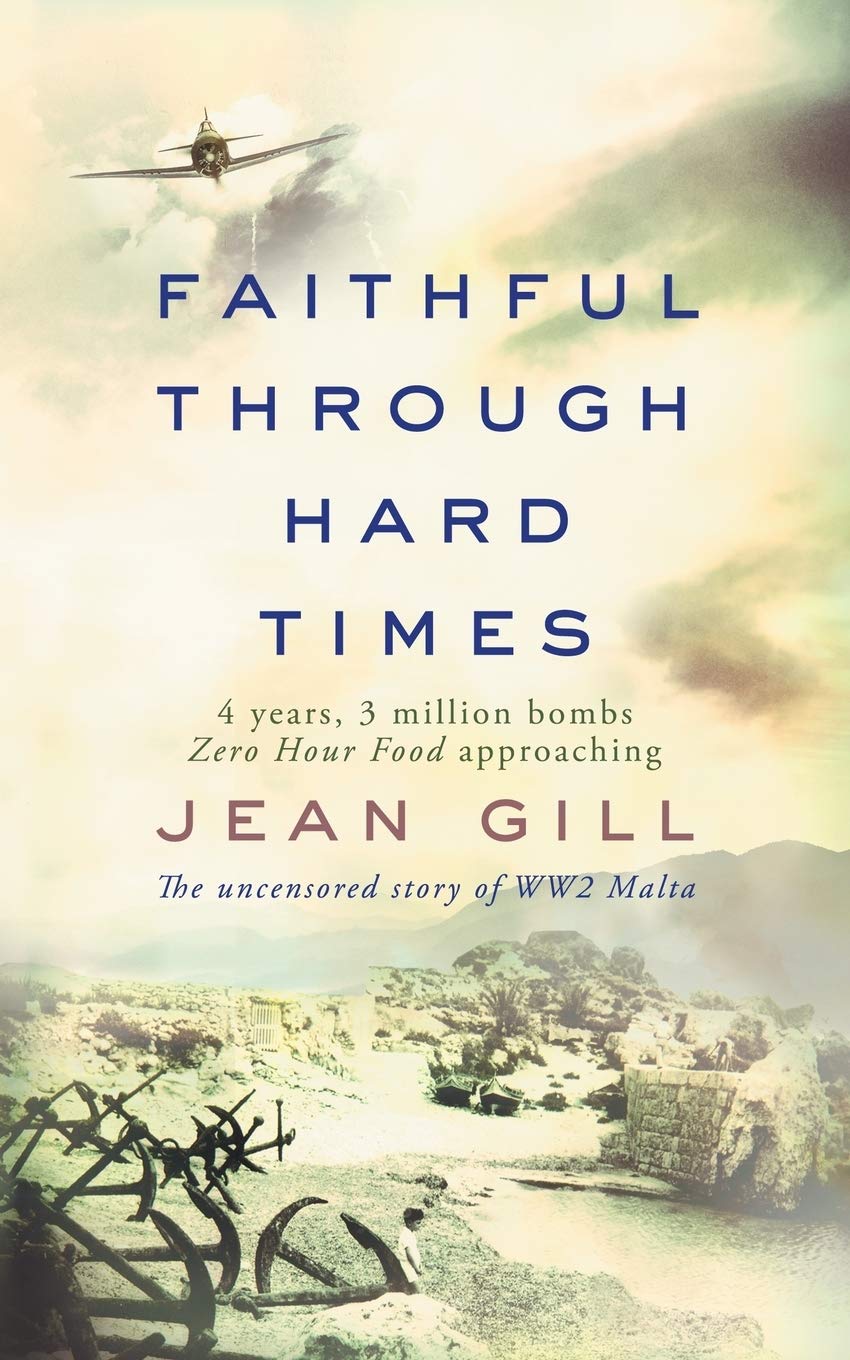
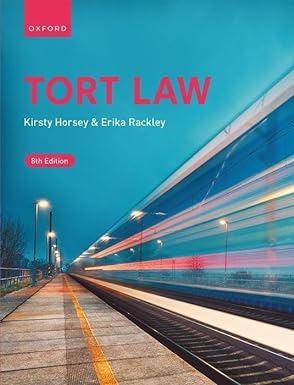


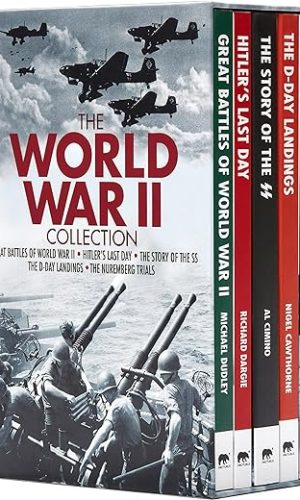
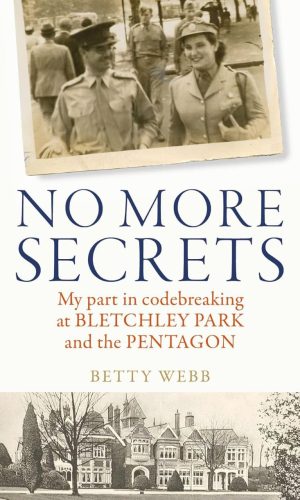

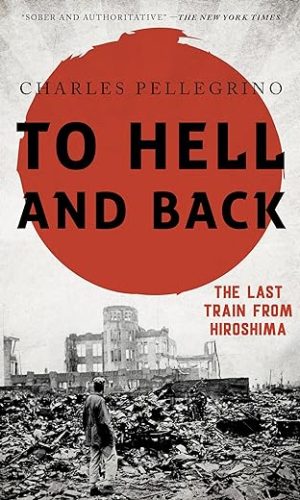

by S N Schuurmans
I have a great interest in World War Two and a romantic fascination in Malta so it was very interesting to learn of Malta’s experience of the war through the eyes of a young serviceman. The young man is the author’s father and the book is based on his diary as well as letters. In all a book to recommend to anyone interested in the World War Two.
by Barbara M. Webb
A few months ago, when I was planning to visit Malta, I read this book. It is a very sensitively written reconstruction of the 4 years of life on Malta by George Taylor, based on his personal diaries that had to be written in secret as he was in the Army Medical Corps. It is a love story; yet it is more than that. It is a wonderful record of the suffering of everyone on Malta during World War II. Both the army personnel and the people of Malta, were literally ground into the earth along with the buildings. When I visited Malta, I was seeing the rebuilt buildings, not the original ones. It was also about freemasonry and its role at the time.
I found the book tried to maintain the spirit of the diary with the colloquialisms of the time. Maybe because the diary had to be written very secretly, the language was very authentic and down to earth – written as spoken, which creates a realistic atmosphere. Also, George expresses some of his thoughts, tongue in cheek, adding to the colour of the descriptions.
It’s a great book for learning about Maltese culture, the actual war history, and the history of the British army.
Behind all the events and descriptions George is feeling his way through, keeping the relationship with his fiancée, Nettie, going is a challenge. It is as if writing his diary helps him trust that they will be reunited after the war ends.
by Malc P
Can be a bit heavy in parts
by JennyJ
I was interested in this book because I lived in Malta for three years in my teens, and knew something of its wartime ordeal. The books is excerpts from the author’s father’s diary, interspersed with factual recounting of the situation in Malta. It was a fascinating read, especially things like the level of censorship in letters home from Malta, as well as the details of day to day life.
by SteveGG
good biographical of two amazing people who came through hard times together and went on to better things
by francine
SPresent
by Paul T.
Back in the day, when I was in the Royal Navy, I visited Malta several times, and have some good memories of the island. Very different from George Taylor’s experience during the war!
The Siege of Malta is, of course, one of the epics of World War II – how the military and civilian populations endured a sustained attempt to force surrender through intense bombing and starvation. But George’s story, told through his diary which was written at the time, brings home the reality of it in a way that few history books can. It wasn’t just the bombing and poor rations that he had to endure: not even the intense heat of the Maltese summers. There was also the confusion and incompetence that sometimes seemed to dominate the British Army! There was the pig-headed attitude of his Commanding Officer, who refused to put any of his men forward for promotion, no matter how much they proved themselves. There was the embarrassing situation caused by a young Maltese girls infatuation, leading to a visit from her Priest. And there was the constant awareness of Zero Hour Food approaching: if the convoy’s didn’t make it through, they would have to surrender – or starve.
But apart from all this, and a constant thread running through the narrative, is George’s thoughts of his fiancé, Nettie: his sometimes desperate clinging to his memories of her, his frustration at not being able (due to censorship) to explain the real situation to her, his fear that she would think his lack of communication meant lack of love. It was partly to deal with this that he began writing his diary, putting down all the thoughts and observations that he wasn’t allowed to put in his letters – and taking a big risk in doing so, as if it had been discovered he could have been court-martialed.
But he did, and as a result we have this vivid, gritty, first-hand account of Malta in the war, from the perspective of an ordinary soldier. Jean Gill has done an excellent job of putting it together and adding in the necessary additional information to give background and context. But it is George’s story, and one well worth reading.
(NB. I read this as part of ‘True Colours’, the author’s six-book box set).
by paul
thank you; everything was perfect…………I will buy from you always. many thanks for everything. I will tell all my friends about you